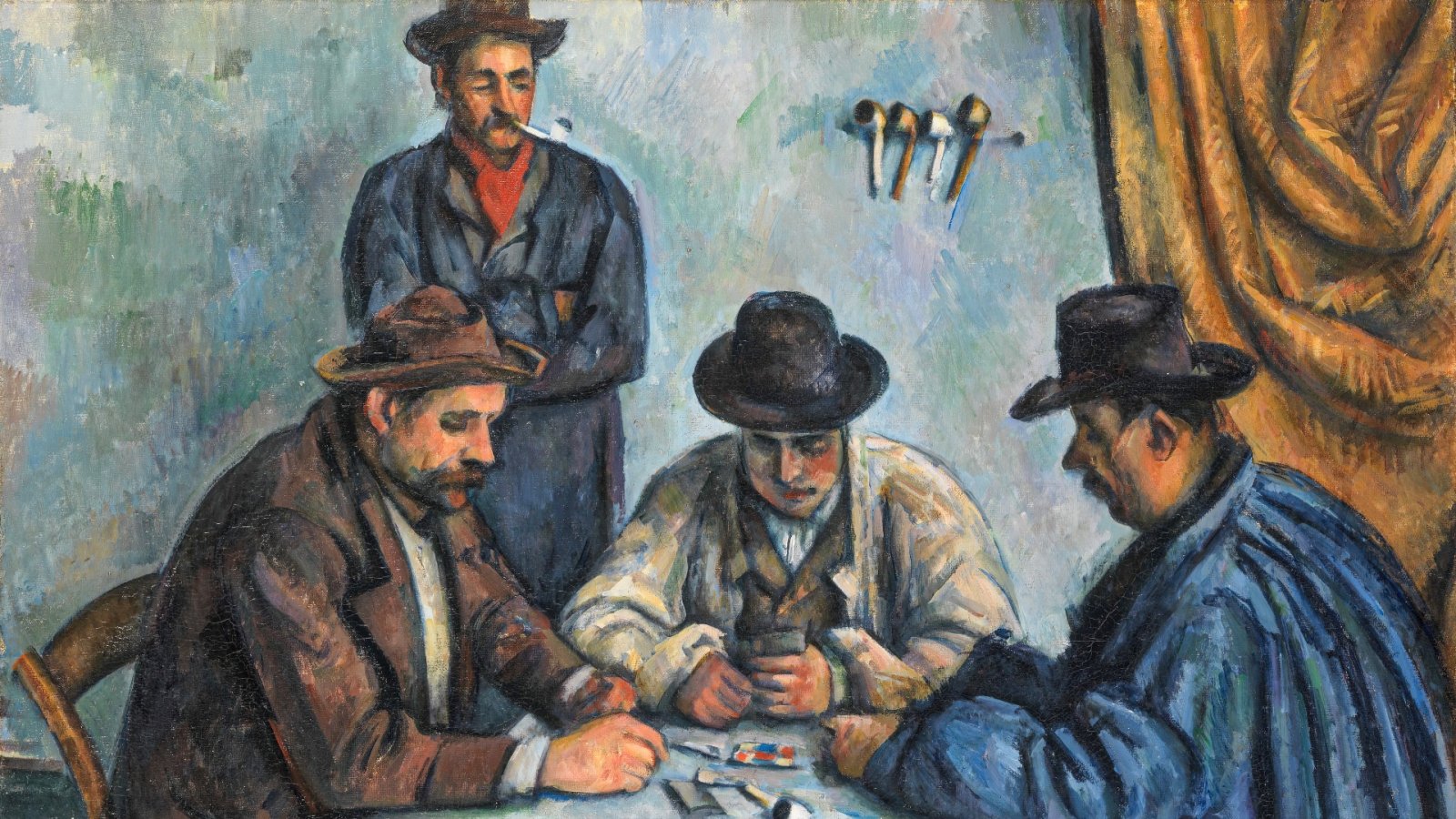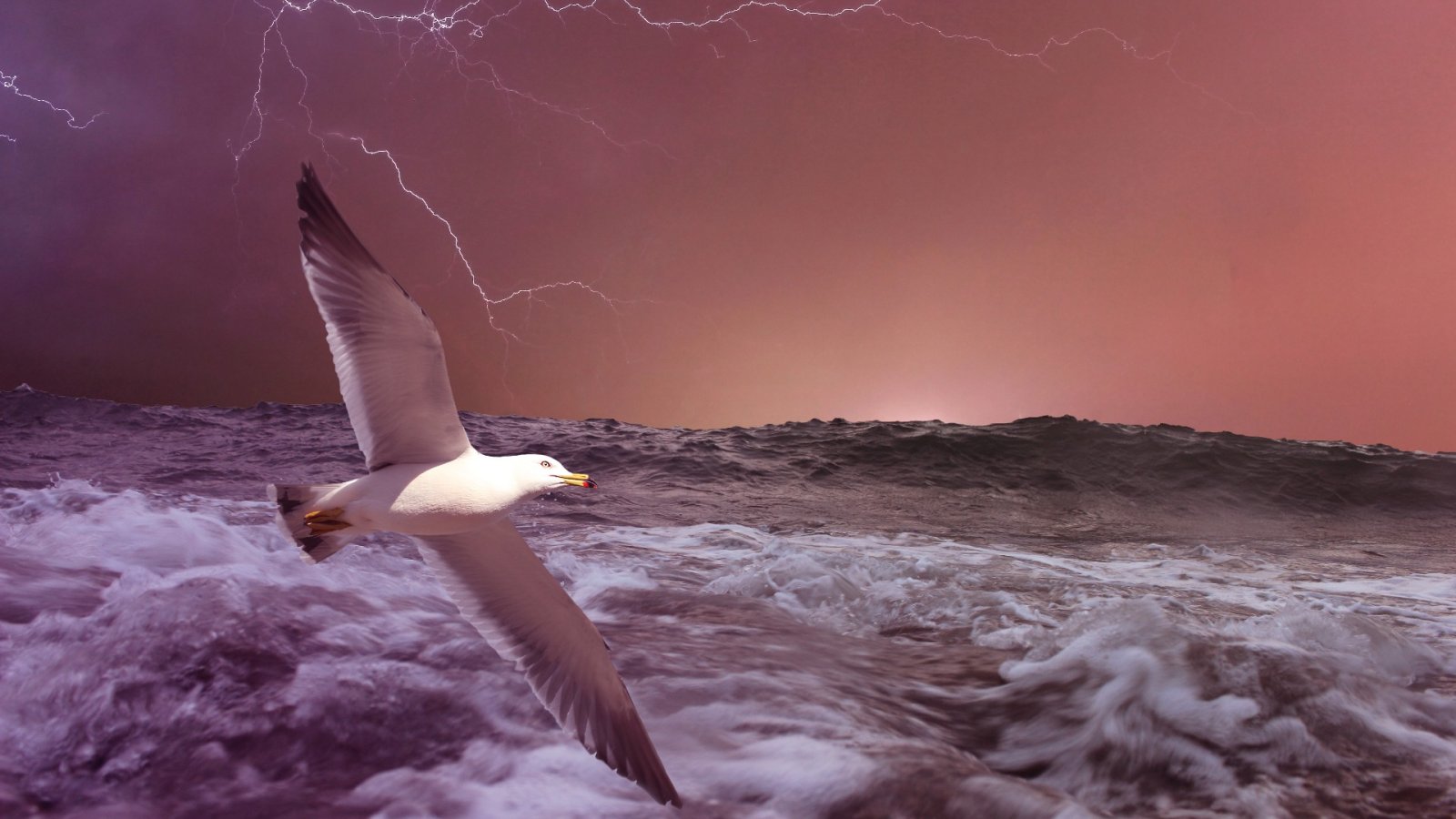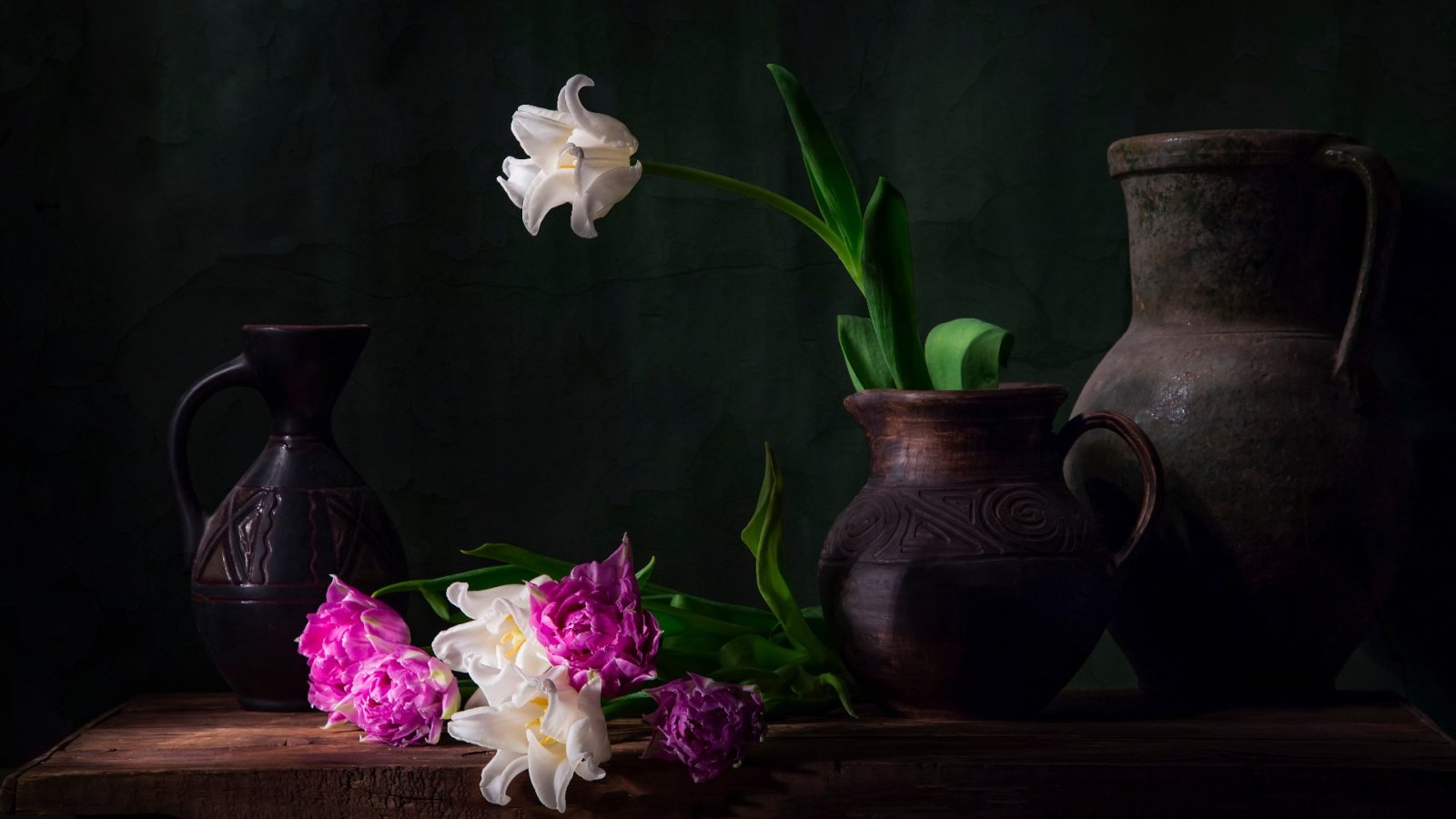In recent exhibitions, gardens have moved beyond traditional beauty to examine deeper relationships with history, technology, and climate change. While plants have long captured artistic interest, some displays now elevate gardening into an immersive experience combining ambitious digital flora with music, poetry, and science. No longer solely about aesthetics, these installations grapple with environmental fragility, humanity's role, and life's interconnectedness on a scale matching visual art's most profound themes. As urgent issues shape society, gardens may evolve into a leading artistic medium for contemplating humanity's future amongst nature and technology.
In November 2023, British artist Shezad Dawood launched the exhibition "Night in the Garden of Love" at the Aga Khan Museum in Toronto, running until May 2024. Responding to the works of composer Yusef Lateef through textiles, scent, and sound, Dawood seamlessly united natural and digital flora. Giant screens showcase algorithmically growing plants while VR transports visitors through a lush parkland. The exhibition explores how gardens symbolize humanity's relationship with nature – both nurturing and threatening. As an interface with the external world, gardens historically fostered community and diversity but also isolation. Through ambitious technological and sensory works, "Night in the Garden of Love" sparks reflection on nature's fragile balance and our role within living systems.
Dawood’s work responds to the alarming state of the planet. Following his long-running multimedia project exploring links between mental health, migration, and environmental breakdown this century, "Night in the Garden of Love" maintains such urgent themes. However, Dawood sees an opportunity to shift perspective. Drawing from Lateef's novella, Dawood transports VR users from a dystopian recycling facility into a transcendent garden. Where earlier art sounded dystopian warnings, this piece envisions nature as a space of hope. Even in dire times, Dawood believes art can cultivate renewed understanding and spark positive change through experiences of beauty, connection, and restored harmony with the environment.
Dawood strives to show the symbiosis between technology and nature rather than portraying them as opposing forces. He explained that the VR installation aims to provide visitors with a transcendent, sensory experience connecting their mind and body to reveal these relationships. Dawood also draws parallels between music and plant life, referencing Lateef's rejection of labels in favor of his concept, where the exchange between performers and audience stimulates physical, mental, and spiritual awareness simultaneously. Dawood relates this holistic activation of human faculties to his own Sufi upbringing understanding gardens as metaphorical spaces facilitating personal transformation through metaphysical reflection, mirroring Lateef's vision of capacity to cultivate profound experience and insight.
Precious Okoyomon's immersive artworks explore natural themes through living installations. Their acclaimed 2022 Venice Biennale piece featured mounds of earth, a water garden, stone paths and sugarcane within the crumbling Arsenale walls. In Venice, they celebrated the normally problematic kudzu vine for its resilience. In another 2021 installation, a deconsecrated Roman church housed poisonous flowers, butterflies undergoing metamorphosis, and a bear sculpture that oscillated between sleep and terrorized awakening, accompanied by Kelsey Lu's melodic score. While certain plants may threaten human structures, Okoyomon's living art celebrates nature's perseverance amid existential dangers and humankind's uneasy stewardship of the natural world through evocative, multi-sensory environments.






